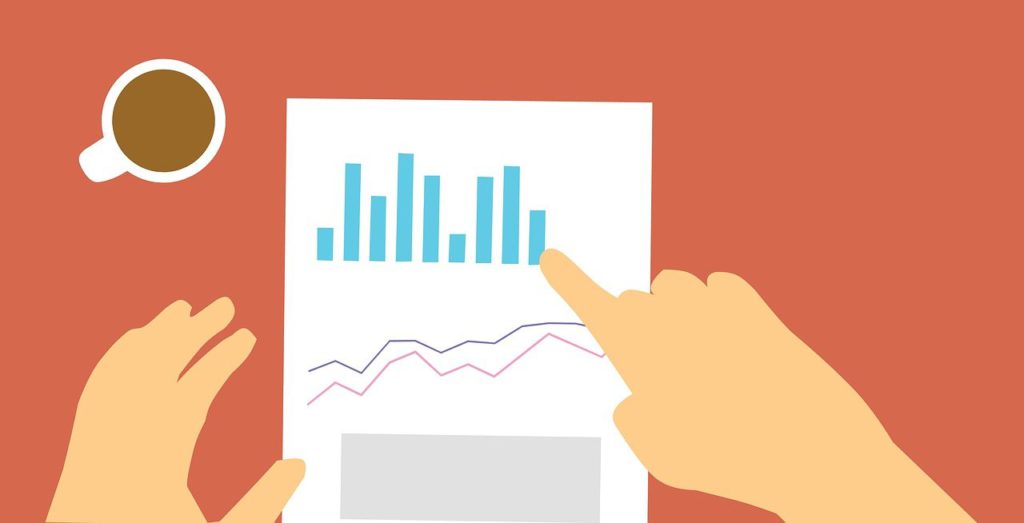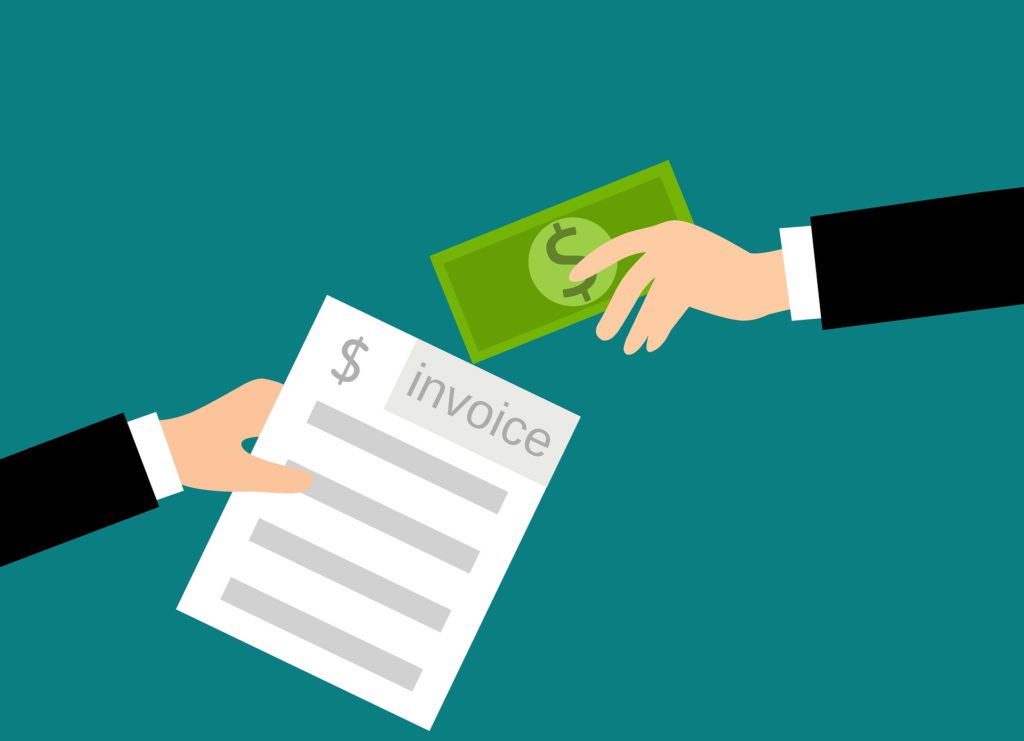
How accountants can help SMEs navigate the post pandemic bounce back
According to HM Revenue and Customs, between May 2020 and February 2021 more than 92,000 SMEs received funding from the Coronavirus Business Interruption Loan Scheme (CBILS) in the form of overdrafts, loans, invoice finances and asset finances. The total funds borrowed reached approximately £22 billion.
When we consider that 5.7 million businesses work with less than 10 employees, we can begin to understand the financial strain that COVID-19 has put on SMEs. Businesses in the UK are under immense financial pressure as we start to return to normality. Business owners are looking to navigate through the post pandemic bounce back, coming out the other side with a functioning business.

The government also furloughed more than 11.5 million jobs over the pandemic and, with furlough ending in October 2021, small businesses must now consider how to manage both the return of employees and repayments of loans, all while monitoring the direction of the economic climate.
How are SMEs expected to survive with the collapse of furlough schemes and government funding?
The financial consequences of the past year are expected to linger for a long while, but there are ways small businesses can help themselves navigate through these challenging times. One important way is having a clear understanding of the financial state of your own business.
For smaller enterprises in particular, directors rely on the advice of third-party accountants and financial advisors to provide them with information to make the right decisions, but for this to work they must have up to date and accurate financial information available to be able to help accountants help them.
From an accountant’s perspective, accessing this information can be difficult. A typical small business may provide their accountants with quarterly bank statements if they are VAT registered, but less than half of UK small businesses are. Otherwise, an accountant may only see financial information on an annual basis – not the most effective way to keep on top things in volatile times.
Even businesses that do regular monthly or quarterly management accounts find the process of sharing banking information complex. Ultimately many businesses rely on either photocopied bank statements, which need to be digitised, or sharing CSV files, which can be less than secure.

How we can help
Typically, accountants are faced with a host of problems when collecting financial data from clients. If a company director is constantly working a busy schedule, accountants may not receive the bank statements upon the first request. Even if the information is sent over initially, it may be missing vital information or be formatted unclearly e.g. a blurry photocopy. Nobody is at fault here, it is it just how this process tends to work – but it is clearly very time consuming and could be much more efficient.
This is where Armalytix can help. We allow accountants to request bank statements from their clients in a fast, safe, and orderly fashion. With a few clicks, a single report request, covering multiple bank accounts can be authorised by the director who provides only specific access to the information requested.
Not only does this speed up the process, saving accountants what can often be weeks of work, but it is extremely simple and secure, using bank level security. Though, perhaps the most beneficial element of Armalytix at this critical time is the ability for accountants to provide small businesses with timely business advice, based on up-to-date information. Simplifying the process of tax returns and bank feed reconciliations for both the accountant and client could help to save many struggling businesses who will need quick financial support in the coming months.




